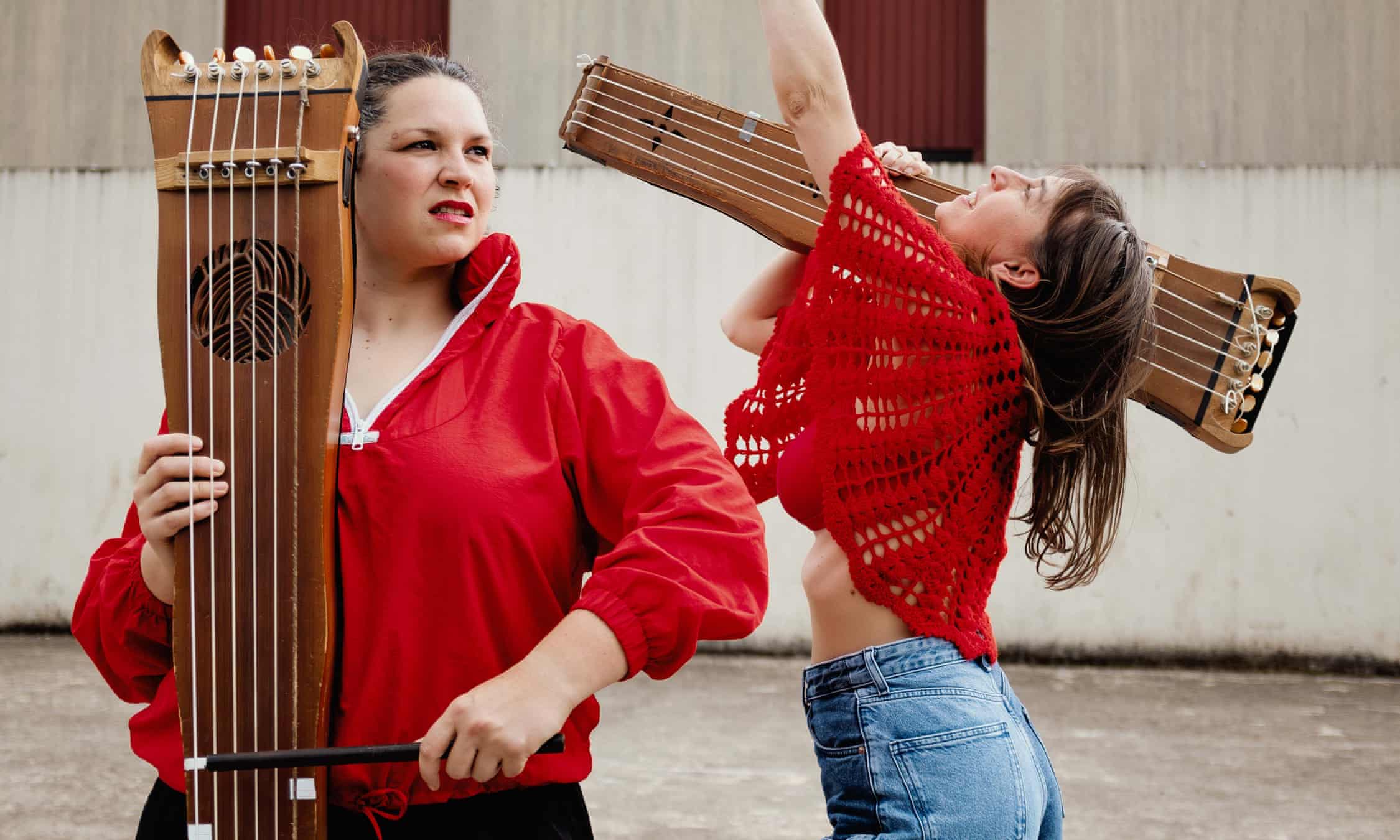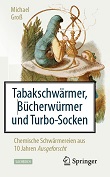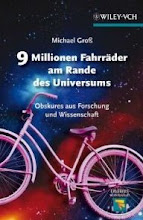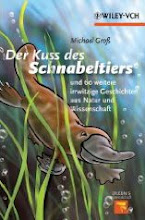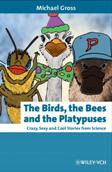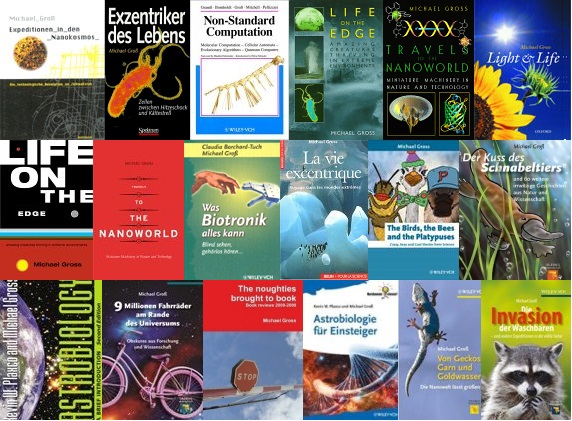I’ve been playing wrong notes on our old family cello with Cowley Orchestra since 2017, and have always been intrigued by the history of this ensemble, which is basically built on a cupboard full of sheet music. Some of our sets have labels from the early 20th century saying “Oberon Symphony Orchestra” and some carry the address stamp of Henry F. Gosling in Ilford, Essex.
It was in fact Gosling who re-founded the orchestra in Oxford when he moved here in 1948. Before that, he had been running the Oberon Orchestra in Ilford, as well as the Ilford Civil Military Band and Orchestra, and teaching violin there.
Last November, when I started playing my aunt’s ancient violin, I remembered that in earlier snoopings into the history of our orchestra I had come across a book that Gosling wrote about violin playing, published ca. 1935. Now I had a good excuse to actually order a copy, so I did. (The copy I got was rebound for a library in 1941, so nothing to show in terms of cover art, just a plain black hardback.)
The title of the book is worth admiring in full:
The Violinist's Manual
A Treatise on the Construction, Choice, Care, Adjustment, Study and Technique of the Violin
Containing much Useful and Practical Advice regarding the Violin and the Bow
I read bits and pieces of it, skipping the things that have been made obsolete by more recent research, like the description of the origins of string instruments. At the very end, the book includes a couple of pages about orchestra playing, which are hilarious in that they contain advice we still follow today, such as not to play every note if the music is too difficult. He really does endorse the spirit of amateur music making for the benefit of learning about the music rather than for a perfect rendition of it.
By contrast, the parts of the book about violin technique and practice are sometimes a bit stricter – in line with the prevailing opinion of his time, I am sure – in that he sniffes at light music and jazz, and is uncompromising on the practice of scales and challenging pieces of good music. Every now and then, however, he remembers that not everybody is destined to be the next Paganini, so we have an appreciation of the easy playability of the third position as the “amateur’s paradise” to cheer us up. In the repertoire recommendations, he includes some of his own compositions,such as Melodie, Oberon Minuet and Furioso, all allegedly published by Siena, but sadly I can't find them in IMSLP.
Until reading the book I used a very folk-like posture in the left hand, supporting the neck of the instrument with my palm. I find this relaxing in the wrist, but tense for the third finger, which has to bend quite tightly. As Gosling insists that the tip of the thumb, rather than the hand should support the neck of the violin, I tried his position and ended up with a more comfortable feel in the fingers, but some pain in the wrist. So I’m still looking for a way that keeps all my joints happy. (Back in April I may have played too many hours at the Folk Weekend sessions, after that my joints have been limiting practice time.) Using the lower joint of the thumb as a contact point may be a viable compromise.
The book comes with photos of a man demonstrating posture and hand technique. There is no credit for photographer or model, so I am left wondering whether the fiddler is Mr Gosling himself or maybe one of his adult students …
Previously, he appears to have published an essay called "Music and its aspects", which I have yet to track down. Also, if anybody out there knows biographical data for Henry F. Gosling, I’d be keen to hear and maybe prepare a Wikipedia entry for him. The only personal information in the book is the poetically shaped dedication at the front:
To my Wife,
Gladys Marion,
this Work is Dedicated.
One of the photos demonstrating the hold of the instrument. To me the left arm looks uncomfortable. I remember adjudicators in string classes at the Oxford Music Festival telling pupils to hold the instrument more to the side, to have a more relaxed left arm, and this certainly works for me. I could find no credits for photographer or model in the book, so these may well be selfies of the author?
PS in other violin news, this week the tailgut broke overnight, leaving the instrument in a rather scary looking mess with the bridge fallen down and the strings all over the place. It appears to be the original, "organic" gut (real gut, I suppose?), and looking at the intact end I figured out it appears to have been molten with a flame and then secured with a bit of string. Which is what I did with the broken end, and it worked like a charm. Only later it occurred to me to look it up in Buchanan's book, and it turns out that this is the official method for these old style tailguts. All tuned up and back in playing order now.






